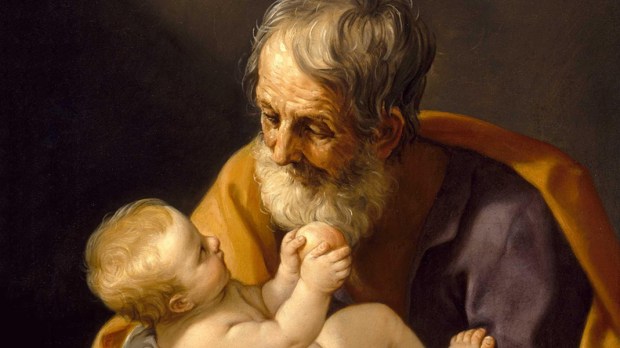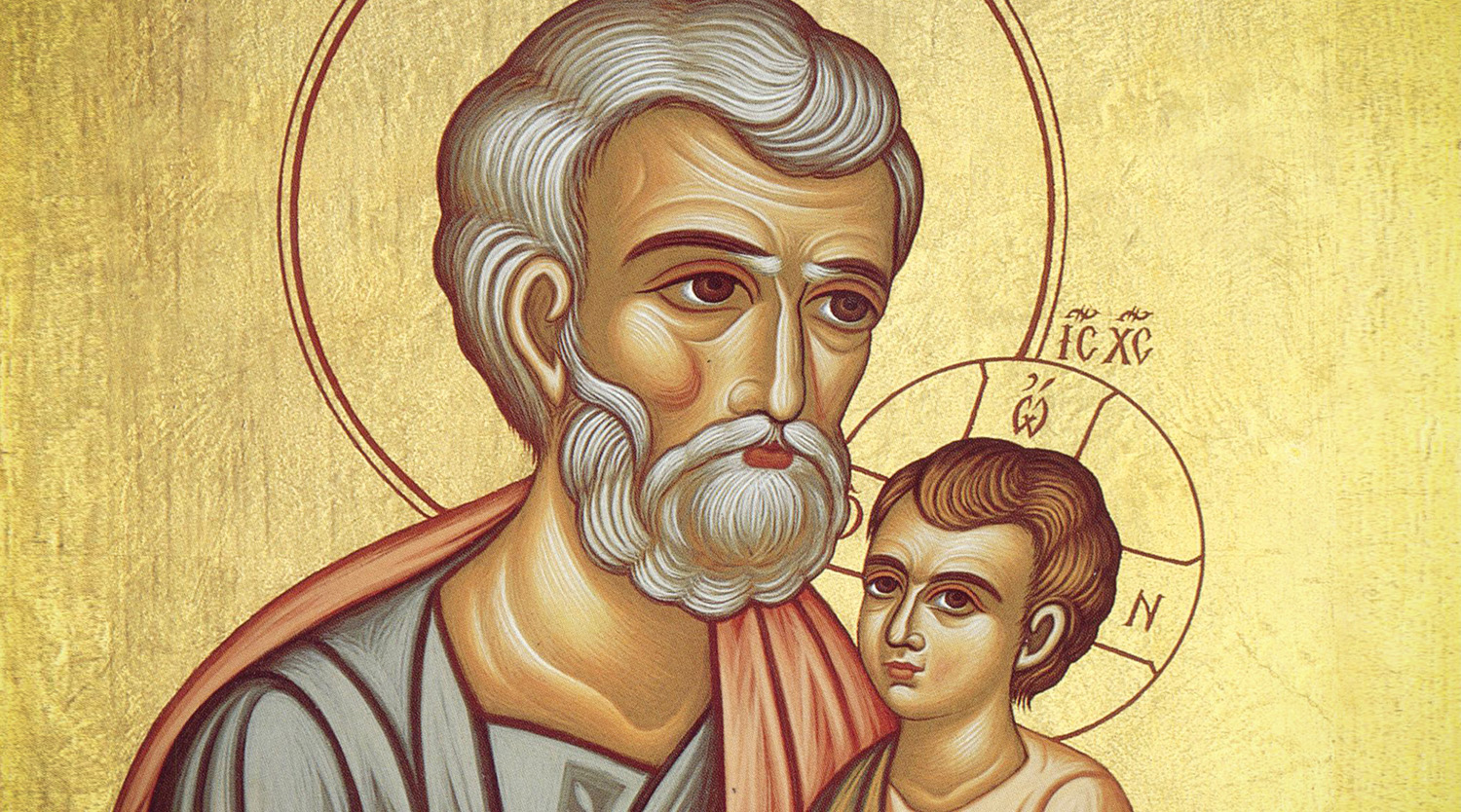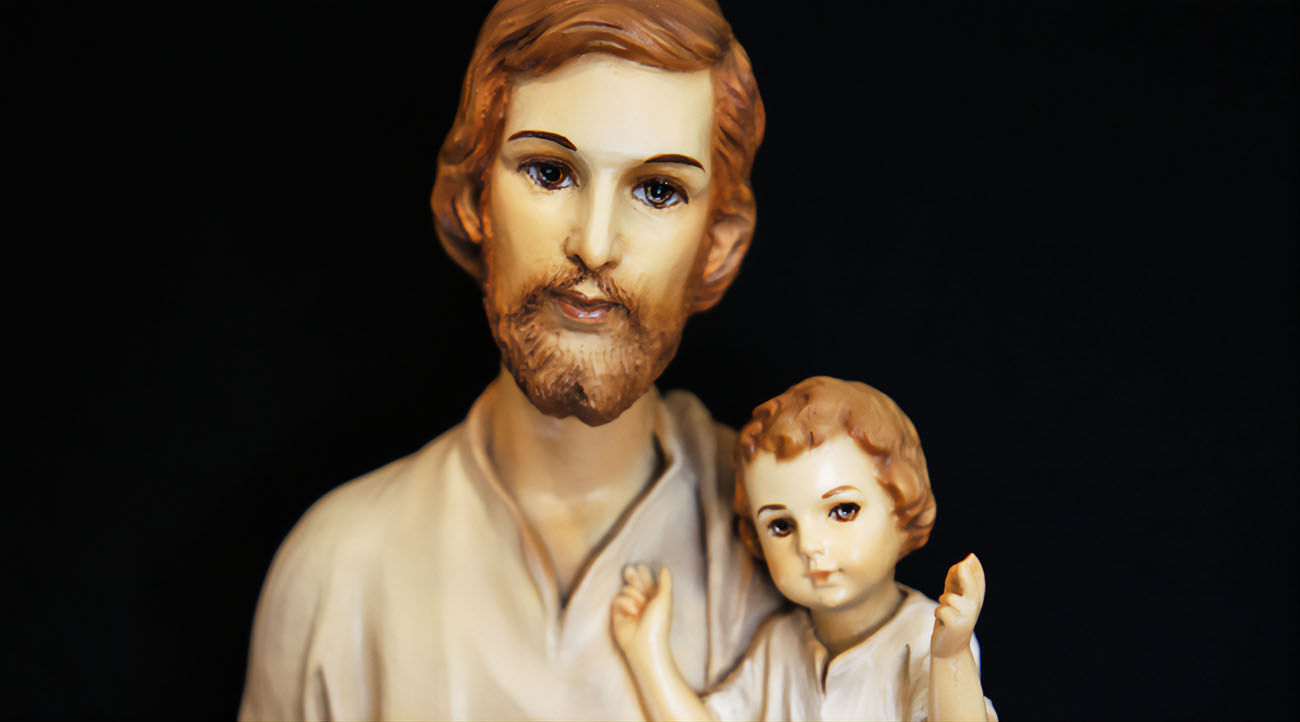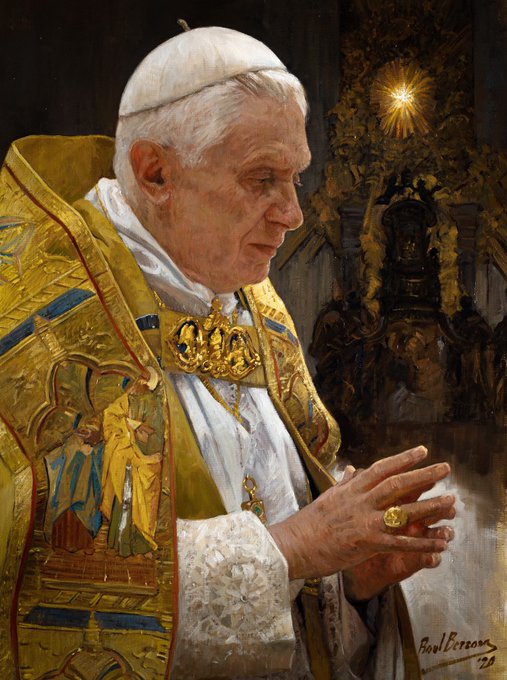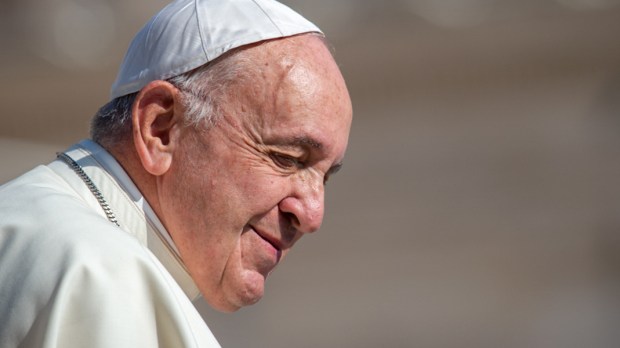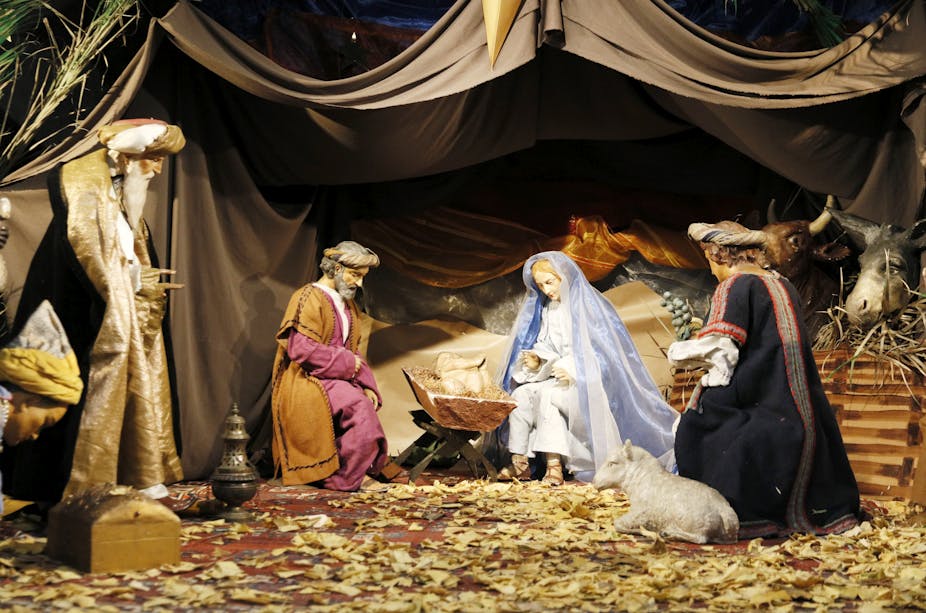Christmas Nativity scenes around the world feature a familiar cast of characters: Jesus, Mary, Joseph, an angel or two, some barnyard animals, shepherds and, of course, the three wise men led by a star.
Within the New Testament, the story of the wise men is found only in the Gospel of Matthew. It spans 12 short verses, and is simpler than most readers likely remember. The wise men arrive in Jerusalem from an unnamed location “in the East,” led by a star and in search of a new king. They make their way to Bethlehem, where they bow before Jesus and offer gifts of gold, frankincense and myrrh. Then, they return home by a different route.
The details in this story are slim, and so it raises more questions than it answers. Where were the wise men actually from? Why were they interested in Jesus? And, above all, who were they?
I am a scholar of early Christian literature who has spent years researching and writing about the wise men. I maintain that their identity in Matthew’s Gospel is ultimately more mysterious and more complex than what traditional Christmas stories suggest. One of the keys to understanding them lies in what Matthew calls them: “magi.”
What’s in a name?
“Magi” is a Greek word that is difficult to translate. Some versions of the New Testament render it as “wise men” and others say “astrologers.” But neither of these captures the full sense of the term.
“Magi” is where the English word “magic” derives from, and just as magic can have both positive and negative connotations today, so too did magi have a range of meanings and uses in the ancient world. Some ancient authors speak positively of individuals they describe as magi, while others consider the label to be more of an insult.
Take, for example, the New Testament Book of Acts, which mentions two magi: one is named Simon, and the other is named Elymas.
Simon is a performer who amazes crowds with his ability to do magic, and he angers Jesus’ apostles by offering them money in exchange for some of their powers. Elymas is an adviser to a government official on the island of Cyprus, and he is referred to as a “false prophet.” He is struck blind for trying to interfere with the apostle Paul’s attempts to convert the official to Christianity.
When it comes to both of these characters, the label “magi” is meant negatively. It was intended to suggest to readers that they are sinister charlatans, and not to be trusted.
In other ancient literature, however, magi are sought-after specialists who possess valuable skills like divination. In the Greek translation of the Book of Daniel, the king of Babylon summons magi to his court and asks them to decipher the details of a strange dream.
The Greek historian Herodotus tells a similar story in which the Median king Astyages asks magi about a dream featuring his daughter, and they foretell the birth of the Persian king Cyrus the Great. The Jewish philosopher Philo of Alexandria likewise speaks of magi as people with the special ability to understand mysterious visions.
Many ancient authors who speak of people as magi also frequently do so in the context of religion and ritual. One of the more well-known instances of this is a teacher named Zoroaster, from whom Zoroastrianism takes its name.
The Greek biographer Diogenes Laertius says that Zoroaster was actually the first of all the magi. He also writes that magi lived simple, ascetic lives characterized by limited comforts, and that they had a reputation for worshiping their gods through sacrifice.
The Greek biographer Plutarch speaks similarly of Zoroaster as a magi who taught a form of spiritual dualism, good versus evil.
The identity of Matthew’s magi
Who, then, are the magi who visit Jesus in the Gospel of Matthew? The answer, it turns out, is complicated. Matthew doesn’t tell his readers exactly what he means when he refers to his visitors in this way, and so it is up to them to figure it out.
Biblical scholars often argue that Matthew intended for the magi in his Gospel to be understood as gentiles or non-Jews who come to Bethlehem to worship Jesus. They surmise that this story is meant to foreshadow the fact that Christianity would eventually become a gentile religious movement instead of a Jewish one.
The argument that the magi are meant to be understood as gentiles is based in part on the fact that they come to Jerusalem and Bethlehem “from the East,” which could suggest that they are “outsiders.” But in light of how magi are spoken of in other ancient literature, this understanding is too simple. Had Matthew intended to say that gentiles came to Bethlehem, he would have done so without using a loaded word like magi.
Because Matthew doesn’t bother to say exactly who these visitors were supposed to be, the magi have fascinated readers and kept them guessing for nearly 2,000 years.
They have been imagined as Zoroastrian priests, astrologers and, of course, as kings. They have appeared in various forms in paintings, in film, in literature and in song.
Given the complex nature of the word magi in the ancient world, one has to wonder if Matthew chose this word precisely to inspire a sense of mystery in his readers, and to keep them wondering about who the magi actually were.
If this is the case, then I would argue that he certainly accomplished that goal many times over.

